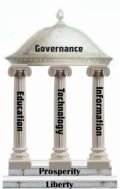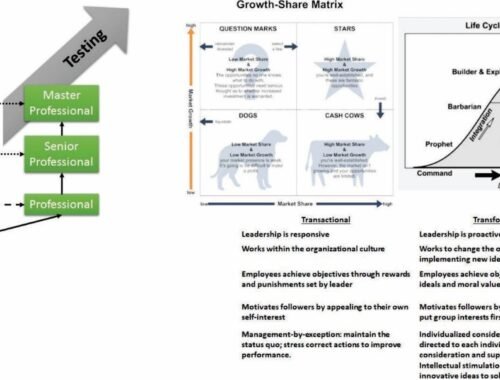Politics and Candidate Types
Remember back to the distant past of 1991? The US had just won the Gulf War and President George H. W. Bush was riding high and looked unbeatable. None of the leading Democrats wanted to run against him and risk getting trounced. Enter a lesser-known politician, the governor of the 3rd poorest state in the US at the time, Bill Clinton. But a funny thing happened on the way to the election: the sacrificial throwaway candidate became a contender and won.
Two things changed the dynamics of the election. First, President Bush retracted his “Read my lips, no new taxes.” Second, Ross Perot entered the race. He suspended his campaign for much of the race and reactivated it at the end. Saved lots of money and pulled votes away from Bush. I suspect that was his goal all along.
Now, let us look at two Republican candidates, Mitt Romney and John McCain. I think the Republican knew the voters in the US were tired of Republicans after 8 years of George W. Bush and the wars he immersed the country in and the Patriot Act. Romney was a mid- to left-leaning Republican. I tend to doubt any of the Republican managers expected him to win. When he had Obama on the ropes after the first debate, he let up and did not press the advantage. In 2012, the Republicans did the same thing with John McCain. Again, McCain scored in the first debate and then did not press the advantage and let up the pressure on Obama. Perhaps both could have beaten Obama, but they did not. McCain’s effort came down to Ohio, which had some irregularities. Perhaps McCain would have won, but the Republicans elected not to pursue them. Were Romney and McCain thruway candidates that were not expected to win?
Now, let us look at Joe Biden. He tried to run for the Democratic nomination at least twice before 2020. Both times, the party rejected him, largely over ethical concerns. When he ran in 2020, he beat Bernie Saunders under some questionable circumstances within the Democratic party. Then they kept him away from public scrutiny, perhaps concerned over both the ethical issues and his apparent cognitive decline. And yet he won in a perhaps unusual election, with concerns over fraud. Now his cognitive issues are so apparent, the Democratic party management pulled him from the 2024 race and inserted Kamala Harris.
Like Biden, Harris is an unusual candidate. When she ran again Biden in the 2020 Democratic primaries, she did not win a single state and dropped out early. Biden selected her for his running mate, perhaps largely over surface diversity concerns. Now, even the Democrats did not seem to like her, but suddenly they embraced her and claim she is the only salvation for democracy in America.
Alexis de Tocqueville noted in Democracy in America that one great strength of the new nation was the citizens and not the government controlled most of the charitable activities and the local and state governments were more powerful than the federal government. He wrote this in the 1835 and 1840. American was soon to enter a war with Mexico and perhaps change the course of the Republic. But de Tocqueville was right—the strength of the Republic lay in the people and their control over government and quasi-government functions. I am skeptical that Harris has read Democracy in America and understands de Tocqueville’s observations. For that matter, I suspect that most Americans have ever heard of de Tocqueville.
If de Tocqueville was right, and I suspect he is, American democracy—the representative democracy of our Republic — depends on two things. First, active and involved citizens that take responsibility for maintaining the commonwealth. Second, power flows from the local to the federal government and the local government is, or at least should be, more responsive to the citizens and their particular local needs.
When we look at Harris and the Democratic party, they seem to invert this dynamic. In their view, a strong, central government—increasingly NOT a federal government—should take care of all peoples’ needs. I suspect Harris is more of an officeholder puppet (see Politics, Politicians, and Accountability) than a thruway candidate.
So what kind of candidate is Trump? While I suspect that in 2016, he was a throwaway candidate because Hillary Clinton seemed like a lock to win. In 2020, he was a sitting president that showed he was neither an officeholder puppet nor a throwaway. Yet in 2016, 2020, and now in 2024, the Republic elites and managers did not support him. In a sense, he is almost like a 3rd party candidate. To say the least, he is an iconoclast.
There are two key questions, though. Does he understand what to break and what to sustain and strengthen? If he is a party outsider, can he assemble a more effective team than he did in his first term?
So in 2024, we have a choice of a thruway/puppet or an iconoclast. Which type of president does the country need? Perhaps the answer is rooted in de Tocqueville’s observations.
Are Harris and Trump throwaway candidates, but for different reasons?





